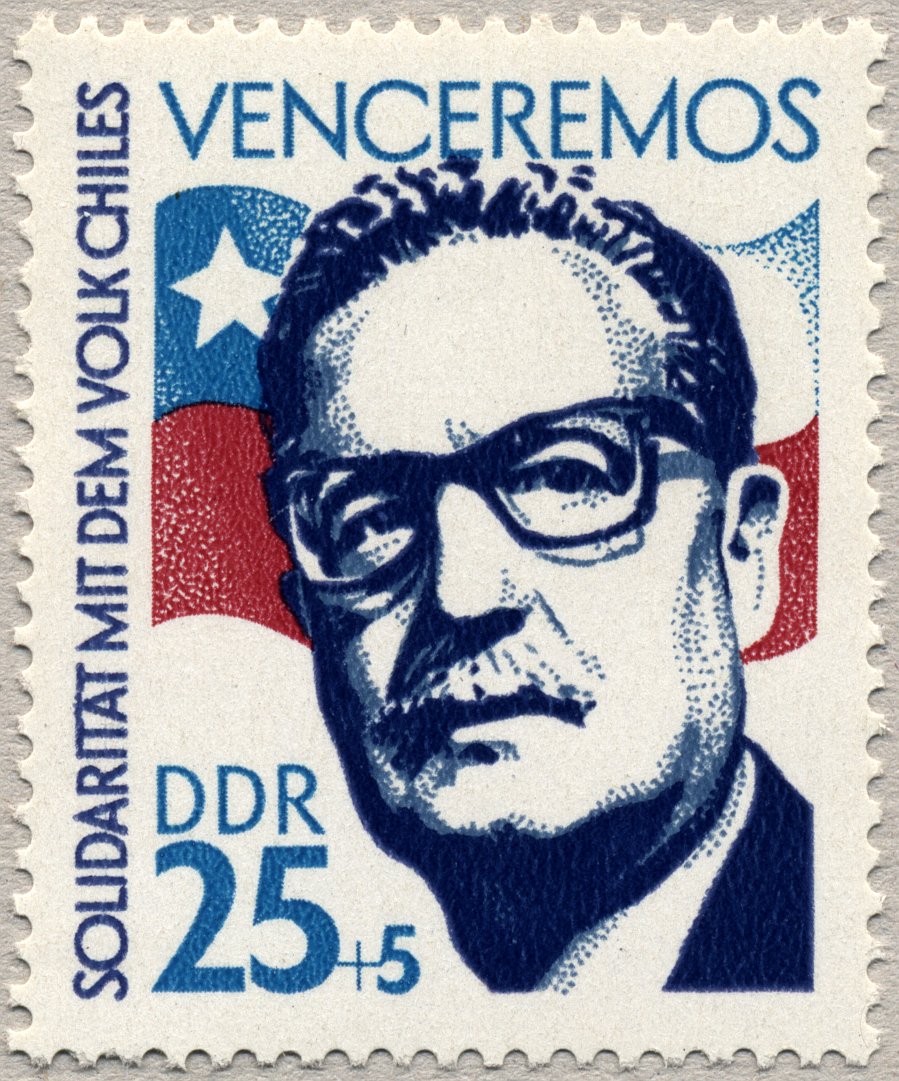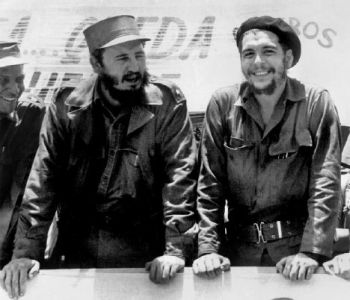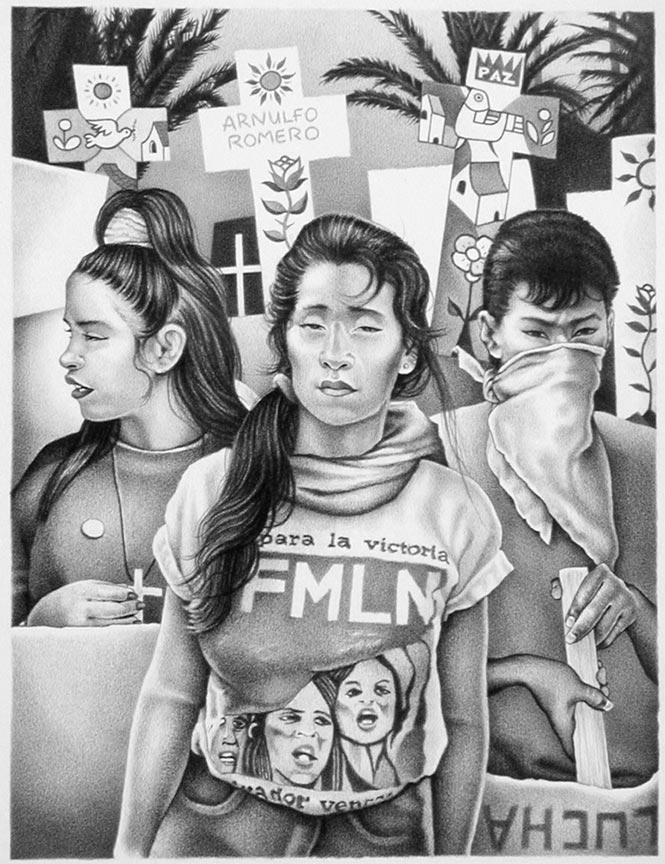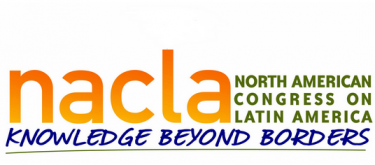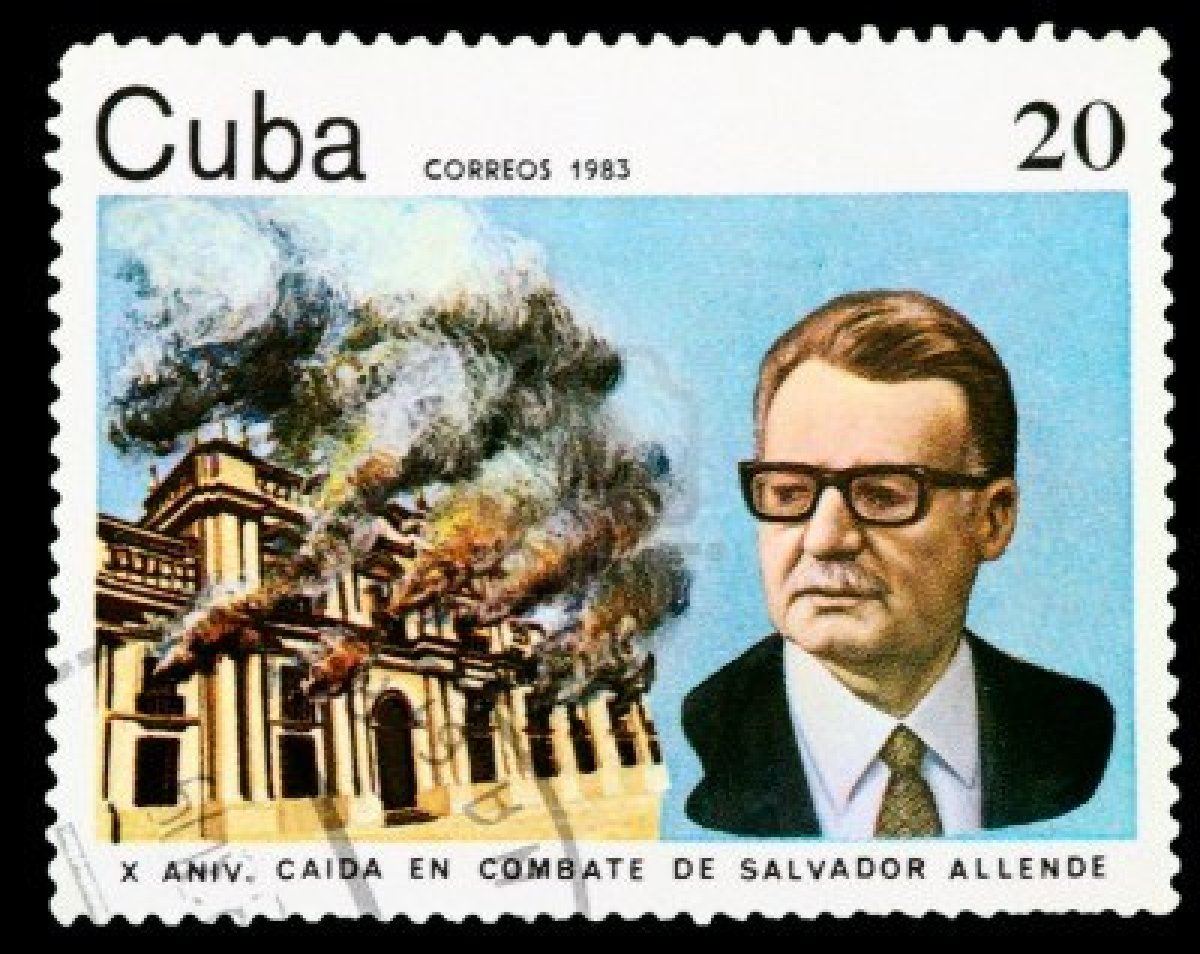Latin America
This collection contains materials from Central and South America and the Caribbean. Primary topics include Cuba and the Cuban Revolution, the Sandanista revolution in Nicaragua, the Nicaragua-Contra War, the Chilean struggle for independence and US imperialism.
Subcollections
-
Chile
This collection focuses primarily on the advent of the elected socialist Presidency of Salvador Allende in Chile, the 1973 fascist coup against Allende, engineered by the CIA and led by General Augusto Pinochet, and the subsequent repression of the left. -
Cuba
This collection primarily contains recordings focusing on various aspects of life in Cuba after their Communist Revolution. -
El Salvador
This collection contains materials related to the liberation struggle in El Salvador. -
Guatemala
This collection contains materials detailing the revolutionary struggles in Guatemala, the role of Guatemalan women during the revolution and the United States role in Guatemalan politics. -
NACLA
North American Congress on Latin America (NACLA) is an independent non-profit organization founded in 1966 to research the political economy of the Americas and US policy towards the region. -
Nicaragua
These materials focus primarily on the Sandanistas and their struggle for national liberation. -
Struggles in Latin America
This collection contains materials from throughout Latin America. Detailed interviews, poems and accounts from the 1973 revolution in Chile, the Sandinista Contra conflict in Nicaragua, and from revolutionary forces El Salvador are all included.
Documents
Unedited recording session of Rosario Murillo’s poem “I’ve had to tear up all the daily papers” read by Nina Serrano, accompanied by Stephen Herrick on sax. Rosario Murillo is the director of the association of Sandanista Cultural workers. The poem is dedicated to her husband, Daniel Ortega, the President of Nicaragua.
Date: 12/29/1989Call Number: LA 085BFormat: Cass BProducers: Atlanta Committee for Latin AmericaProgram: A Defiant HeartCollection: Struggles in Latin America
This interview with William Leo Grand, a professor of government at the American University explores the dynamics of the recent US invasion of Panama. He explains the relationship of Noriega with the CIA, the relationship of Panama with Nicaragua and Cuba, nationalism in Panama and the predicted outcome of the invasion.
Robin Singer, from the Atlantic Committee on Latin America, speaks about his recent trip to Nicaragua to deliver humanitarian aid. He talks about the aid program, worker-owned cooperatives, the burgeoning of small farms in the previous 10 years, and cooperatives defending themselves from CONTRA attacks. During his visit all heads of Central American states met in Honduras including a delegation from Nicaragua representing all 21 opposition parties and the Sandinistas. All the Central American states signed the Taylor Agreement ordering the disbanding of the CONTRAS. Also discussed are the U.S. economic embargo, internal Nicaraguan support for the Sandinistas, and projections for outcomes of the Taylor Agreement.
Poetry reading followed by a short question and answer dialogue from Father Ernesto Cardenal of Nicaragua. Poems, including "The Big Bang", "Wall and Water Street" and other pieces, are read in Spanish with English translation. Cardenal is known as one of the greatest living Latin American poets today. He wrote during the Samoza dictatorship and the Sandanista overthrow of Samoza in 1979. Through his poems, Cardenal brings together science and poetry, science and mysticism, mysticism and revolution, and poetry and politics. He speaks out against oppression and searches to preserve the unity of creation through spiritual insight. In a short question and answer period at the end of the reading, Cardenal discusses how Nicaraguan culture and revolution are entertwined and how poetry is an expression of the revolution. Cardenal also talks about his priesthood as a lifelong commitment and of poetry as a religious practice.
1989 interview with Nicaraguan revolutionary musician, Luis Godoy. Godoy was born in 1945 during the Samoza dictatorship. He speaks about the responsibility of an artist to send an important message and raise the consciousness of the people. Godoy then explained that from a very young age he realized that he could express the injustices of Nicaragua through songs, "I realized that my music could be used as a social tool". Throughout the interview, Godoy discusses those who have influenced his music, his involvement with past bands, and his visions for the future in both his musical career and for his country.
Daniel Ortega, former president of Nicaragua (1985-1990), speaks to the people of the U.S. about the U.S. backed Contra war in Nicaragua. Ortega emphasizes the affects that the war has had on the people of Nicaragua, materially, spiritually, and politically. Ortega lays out specific steps the U.S. should take in order to support democracy in Nicaragua, talks about the U.S. embargo as a violation of human rights. Speech was broadcasted on WRFG radio in Atlanta, Georgia. Recordings include music by Grupo Mancotal.
Date: 1/19/2000Call Number: KP 162Format: CassetteProgram: Veteran’s Voice - KBOOCollection: Nicaragua
A Veteran for Peace discusses “The Death of Ben Linder” with its author, Joan Kruckewitt, and Elizabeth Linder (mother of Ben Linder). Ben Linder’s personal life and his work as a juggler and engineer are covered. The situation in Nicaragua and the CIA’s role in Linder’s death are also discussed.
Date: 6/8/1990Call Number: LA 170BFormat: Cass BProducers: Judy GerberProgram: A Defiant HeartCollection: Nicaragua
An interview with Robin Singer of the Atlanta Committee on Latin America and the Nicaragua Network discusses the 1990 agreement between the Nicaraguan Contras and the new Chamorro government of Nicaragua to demobilize the Contras by June 10 of that year.
A report from Managua, Nicaragua on the fifth anniversary of the 1979 FSLN (Sandinista National Liberation Front) revolution. Describes the Managuan celebrations and outlines fears of disruptions to the upcoming elections by the CIA and the US-backed Contras.
Rita Clark interviews the co-ordinator of the Nicaragua United States Friendship Office (July 18, 1991). The Chant reports from Atlanta on the controversy of using racist images in sports (October 23,1991).

